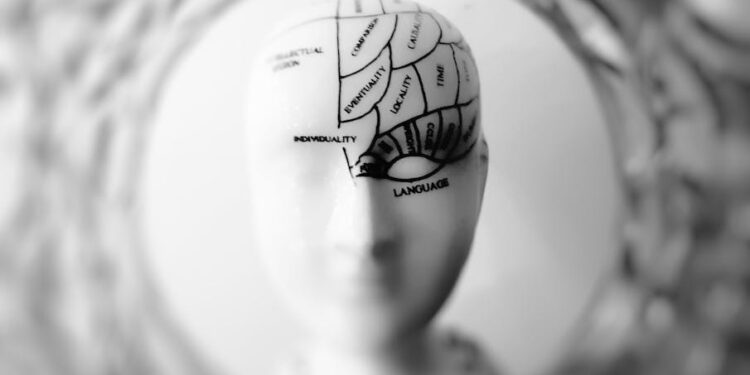Artificial intelligence (AI) has made a huge leap forward in the past decade. Today, AI is used in applications ranging from robotics to computer vision and language processing. While the potential of AI is immense, its future remains uncertain due to the numerous challenges it faces. In this article, we’ll discuss the opportunities and challenges posed by the future of AI.
Opportunities
The potential of AI to revolutionize industry and society is immense. Here are some of the opportunities that AI presents:
- Improved Health Care: AI can be used to improve diagnosis accuracy and patient outcome. It can also be used to analyze patient records, research medical literature, and develop new therapies.
- Enhanced Automation: AI can be used to automate tasks such as customer service and data processing, freeing up employees to focus on more meaningful tasks.
- Faster Problem-Solving: AI can be used to develop algorithms that can process and analyze large amounts of data quickly, enabling us to make faster decisions.
Challenges
While AI presents many opportunities, there are also several challenges that need to be addressed:
- Ethical Concerns: AI can be programmed to make decisions that could have ethical implications. There needs to be safeguards in place to ensure that the decisions made by AI algorithms are fair and reflective of human values.
- Data Privacy: AI algorithms rely on large amounts of data, which can create security concerns. There needs to be effective measures in place to protect private data from inappropriate use.
- Uncertain Regulations: Governments around the world have yet to develop clear regulations on how AI should be used. Until regulations are in place, it is difficult to predict the future of AI.
The future of AI is full of potential, but also presents many challenges. As AI continues to be developed and refined, it will be important to address these challenges in order to realize the full potential of AI.








